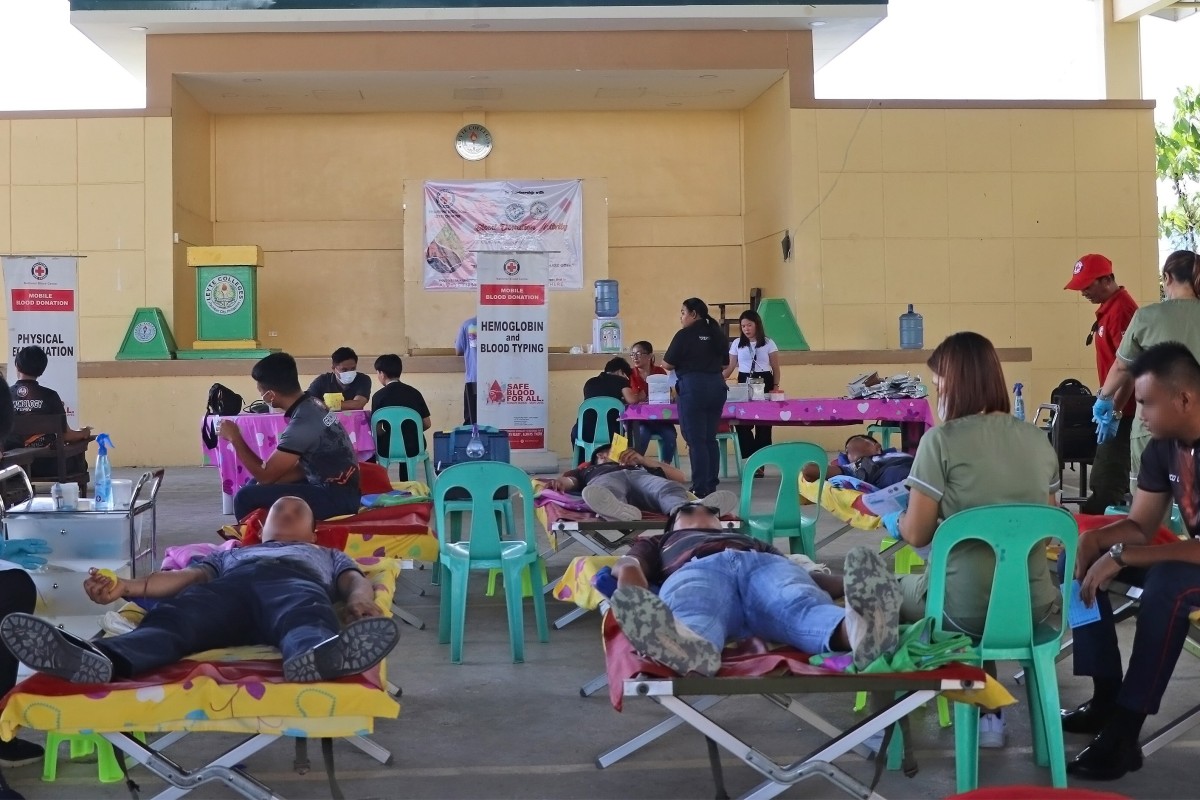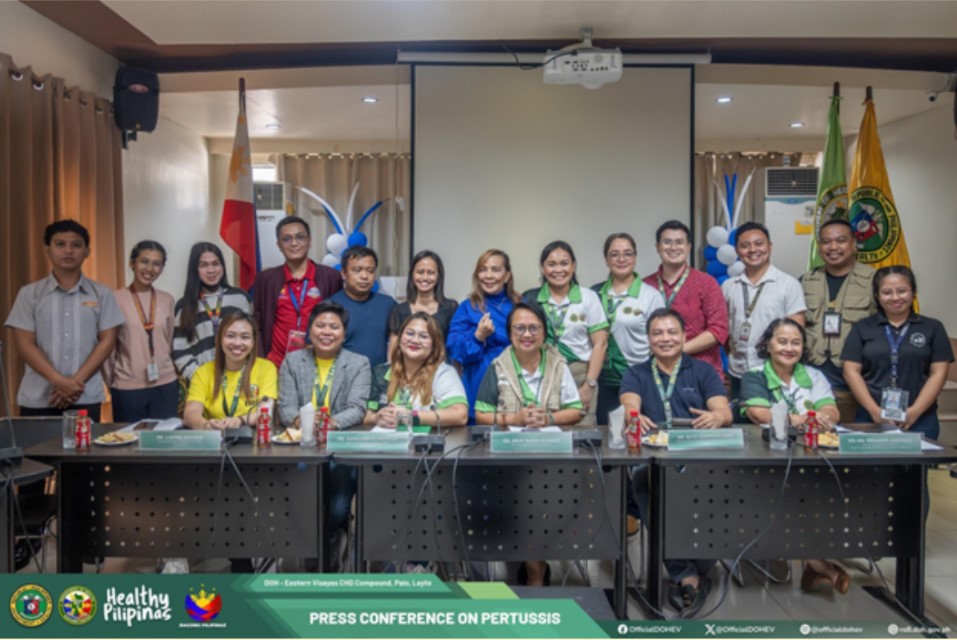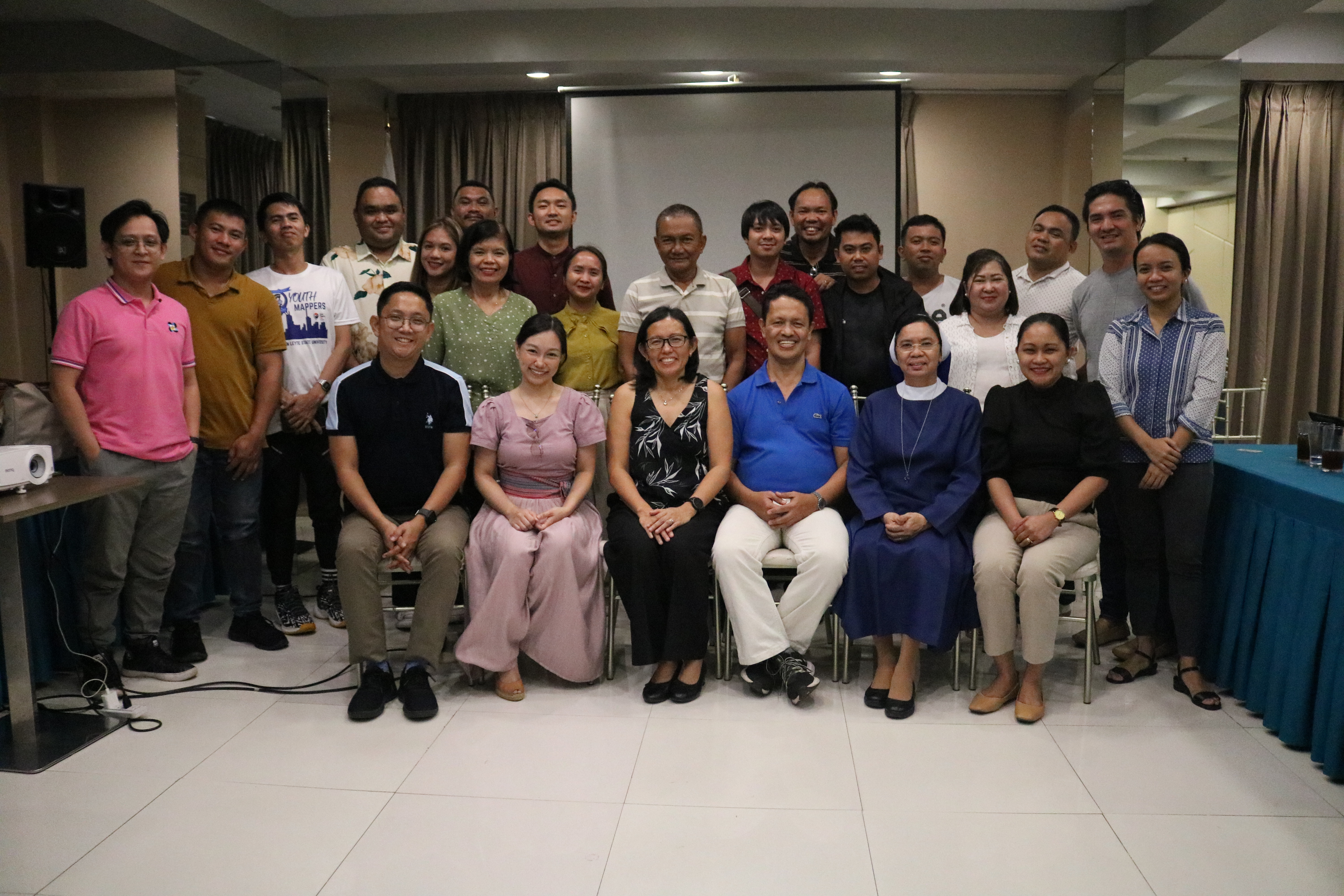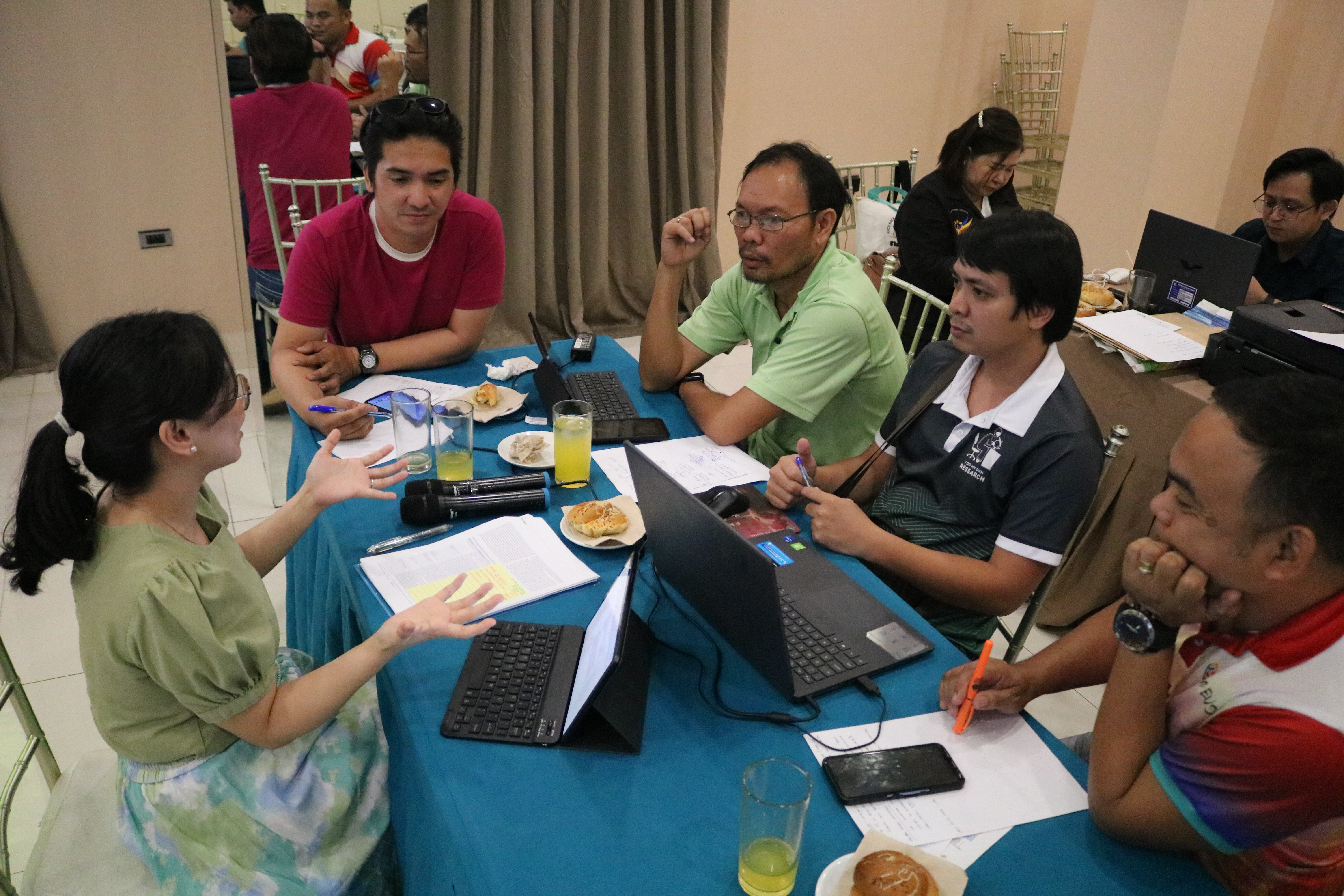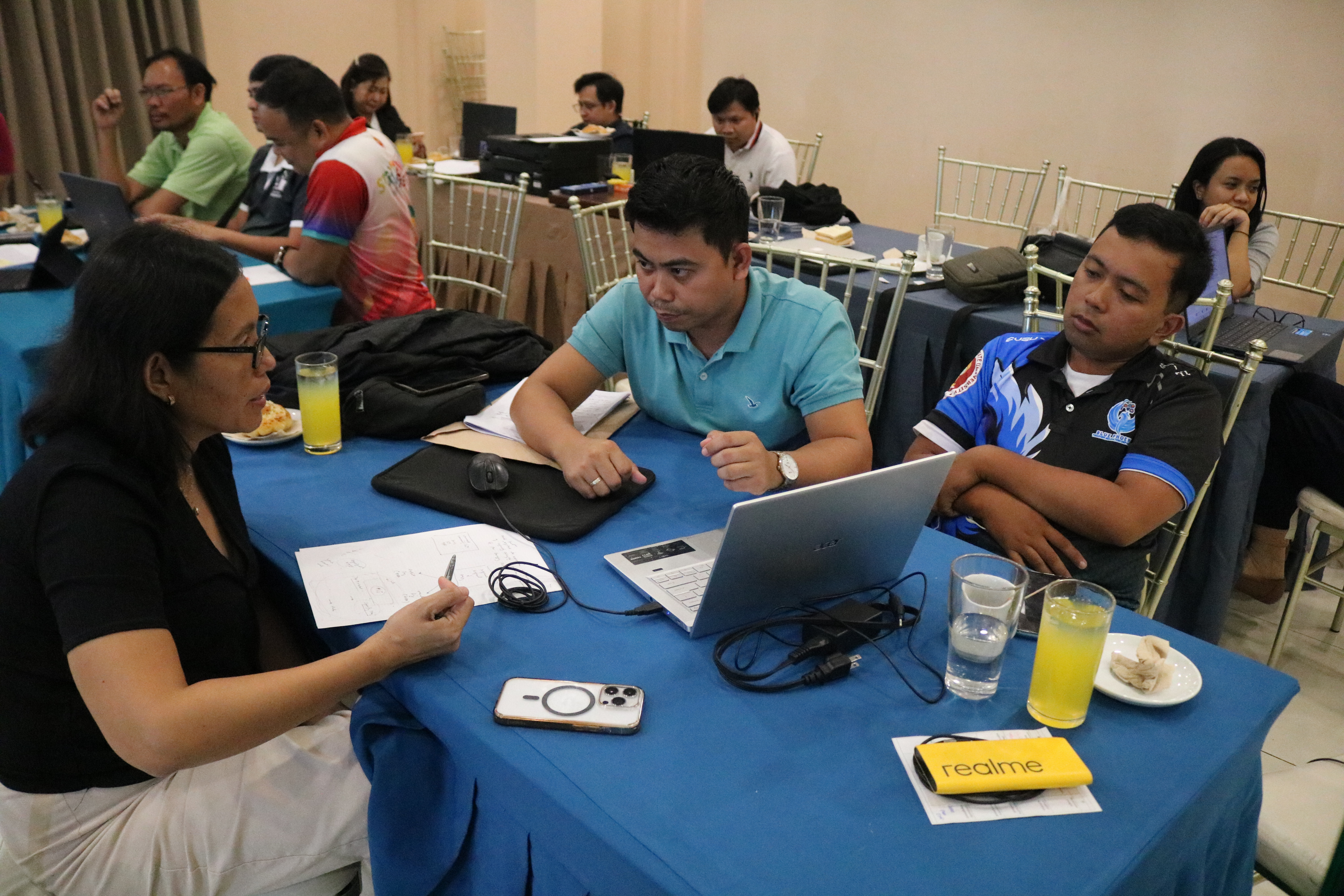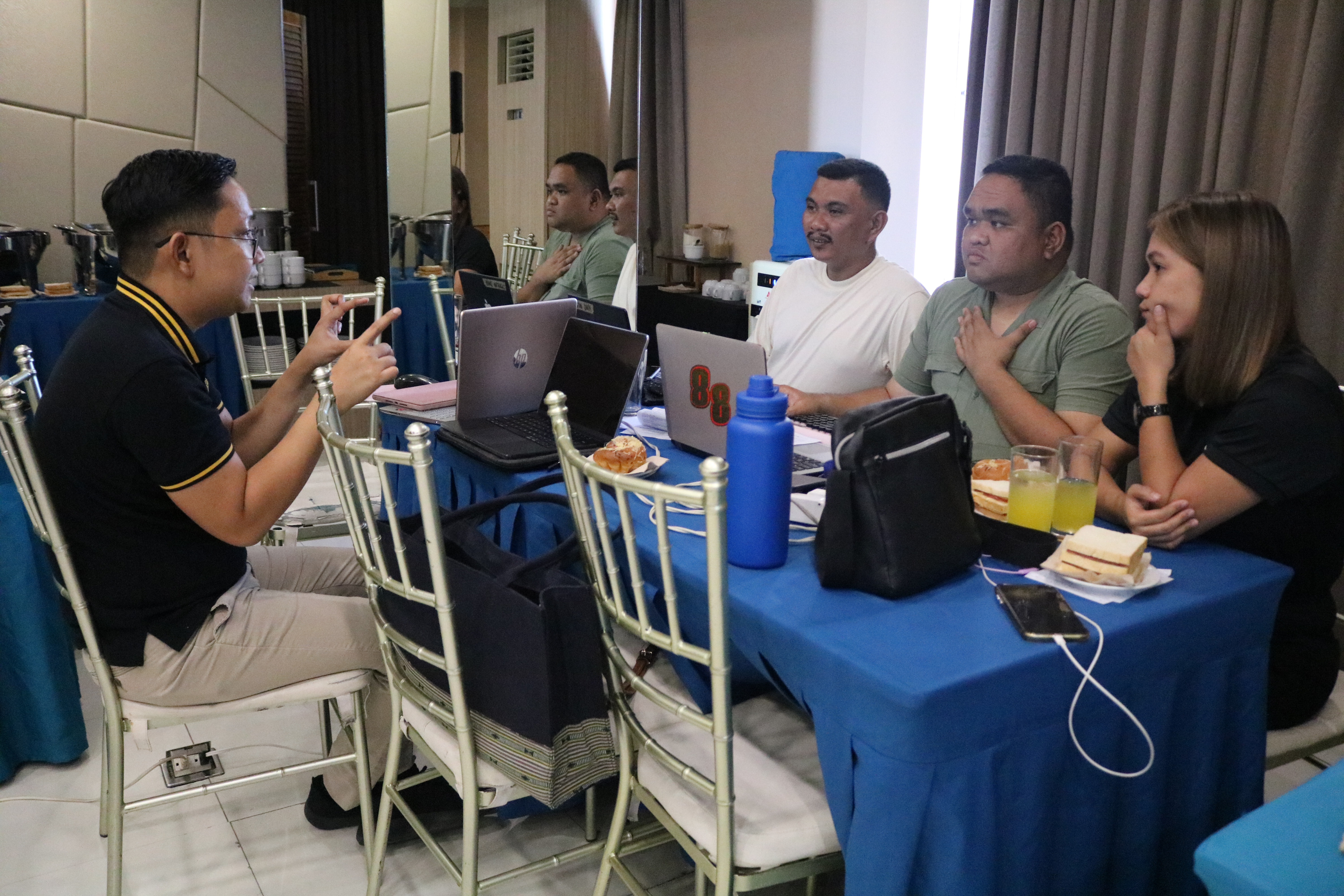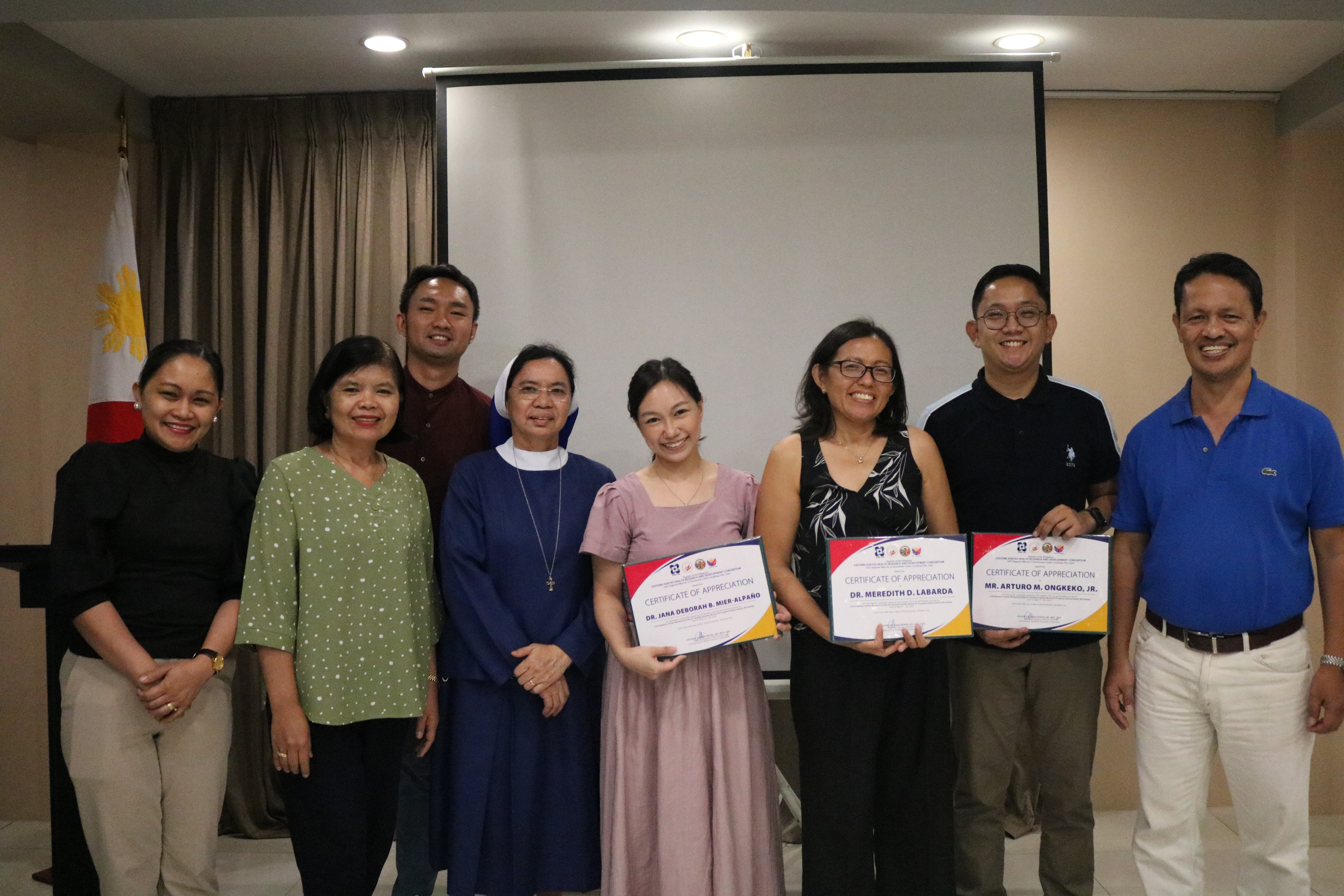Featured Videos
Latest News
- Details
- Written by Aaron Cotejar, Philippine Information Agency
- Category: Latest News
- Hits: 1332
Criminology students from the Leyte Colleges, who study and train on how to uphold the law, now take on a different role by helping save lives by donating blood through the Blood Olympics program.
This program is being led by the National Voluntary Blood Services Program (NVBSP) of the Department of Health (DOH), which aims to increase the blood supply and promote a culture of generosity among the younger generation.
The Blood Olympics, which originated from the NVBSP, is now a successful undertaking managed by the Eastern Visayas Regional Blood Center.
This initiative aims to turn blood donation into a friendly competition that encourages camaraderie among participating schools and universities. What used to be a simple act of donation has now become a rallying point for community involvement and a testament to the power of collective altruism.
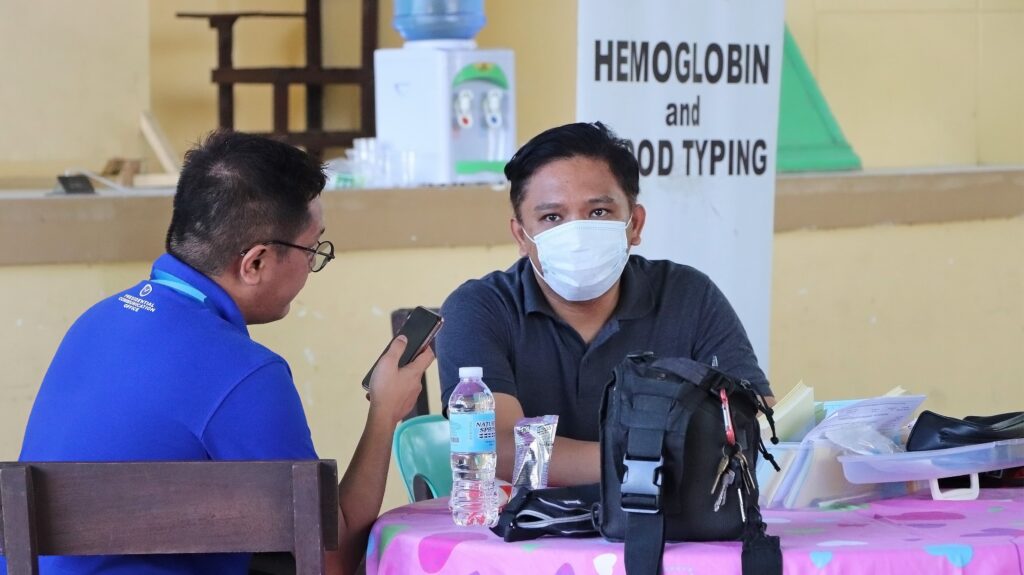
Students from various tertiary institutions, such as Saint Paul School of Professional Studies, Leyte Normal University, Eastern Visayas State University in Tacloban, Visayas State University in Tolosa and Baybay, Doña Remedios Trinidad Romualdez Medical Foundation, and St. Scholastica’s College Tacloban Inc., played a significant role in supporting the event.
These schools were selected not only for their potential to aid the blood program’s objectives but also for their capability to inspire healthy lifestyle choices among the younger generation. In appreciation of their efforts, the highest-performing schools were recognized with awards, encouraging their continued participation in this crucial life-saving initiative.
Janferson Sevilla, a fourth-year criminology student from Leyte Colleges, echoed the sentiment shared by many donors, emphasizing the profound impact of their contributions.
“In this kind of event, I can say that it is beneficial to encourage more people to donate their blood and also to have a better disposition towards others and to help those in need of blood,” she said, highlighting the ripple effect of kindness and compassion.
The DOH has set an ambitious goal for this year’s Blood Olympics to collect 2,000 units of blood from schools across Leyte. The program aims to collect around 200 bags of blood every month to help alleviate the blood supply shortage in Eastern Visayas.
Victoria Pagarao, donor recruitment officer of DOH Eastern Visayas Regional Blood Center, extended their heartfelt gratitude to all blood donors, participating schools, the Eastern Visayas Medical Center Blood Bank, the Philippine Red Cross, and other stakeholders for their invaluable support to the blood program’s cause of saving lives.
“Their contribution is really significant in addressing the ongoing need to enhance the blood supply of Eastern Visayas and in promoting the ‘Blood is Life’ through a culture of altruism and community service,” she said.
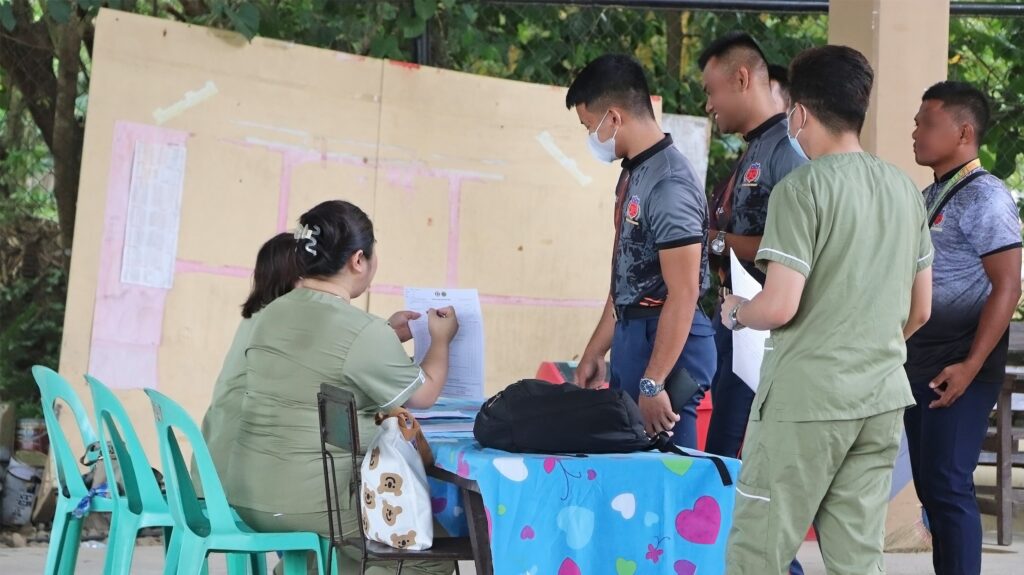
United Shalom Hospital, the sponsor for snacks and refreshments of the donors, in partnership with the Philippine Red Cross, facilitated donor screening and the blood donation process, ensuring a smooth and friendly experience for the criminology students.
The increasing popularity of the Blood Olympics highlights the significance of the youth’s involvement in addressing the critical requirement for blood donation. Their philanthropic contributions not only involve giving blood but also extend to providing hope, empathy, and a more promising future for their society. (AAC with reports from PIA interns Fernando Doloeras and Joey Sabornido)
- Details
- Written by Geselle Frances P. Zeta, Research Utilization Committee, National Economic and Development Authority (NEDA)
- Category: Latest News
- Hits: 762
On 18 June 2024, the Eastern Visayas Health Research and Development Consortium-Research Utilization Committee (EVHRDC-RUC) gathered virtually via Zoom to address crucial regional issues and strategies aimed at enhancing research impact and policy development.
Chaired by Dr. Sherrie Ann C. Labid from Samar State University, the meeting convened representatives from the Department of Education, Department of the Interior and Local Government, Biliran State University, and the National Economic and Development Authority. They discussed updates from previous meetings, reviewed a policy proposal, and outlined plans to translate research findings into actionable policies.

In her opening remarks, Dr. Labid emphasized the importance of utilizing research to improve public health outcomes and drive regional development.
A significant outcome was the decision to postpone the proposed incentive policy for completed research projects due to financial constraints within the consortium. Additionally, the Committee agreed to collaborate with the Leyte Provincial Government to share and potentially implement recommendations from Dr. Santiago T. Pena, Jr.'s research on antibiotic residues in meat products. The Secretariat also announced efforts to publish abstracts of completed EVHRDC-funded projects on the consortium's website (https://region8.healthresearch.ph/), aiming to enhance transparency and knowledge sharing.

Looking forward, EVHRDC-RUC plans to invite Dr. Pena to present his findings at the upcoming Leyte Provincial Development Council meeting, aiming to foster collaboration and practical application of research insights.
The meeting concluded with a commitment to advancing research utilization efforts and strengthening partnerships with local stakeholders and academic institutions to shape evidence-based policies across Eastern Visayas.


- Details
- Written by Lovely Rose Bolante, Samar State University
- Category: Latest News
- Hits: 753
Calbayog City, Samar — On May 21, 2024, the research team for the DOST-EVHRDC funded project "Factors Associated with Adverse Pregnancy Outcomes among Deliveries in Healthcare Facilities in the Province of Samar" held a monitoring meeting at the Calbayog District Hospital (CDH). The meeting was initiated by the project leader, Dr. Sherrie Ann C. Labid, and was attended by the CDH Chief of Hospital, Dr. Rutchie C. Jordan, along with her staff and the project's research enumerators.

The purpose of the monitoring meeting was to review the progress of the data gathering process, which is currently underway at the Calbayog District Hospital. Dr. Rutchie C. Jordan, the CDH Chief of Hospital, expressed her strong commitment to the project and its potential impact on maternal and child health in the province of Samar. As the healthcare provider, she recognized the significance of this research and the hospital's pride in being a part of it. Dr. Jordan assured that the hospital staff have been actively involved in supporting the data gathering efforts and will continue to provide any necessary assistance to ensure the successful completion of the project.
The monitoring meeting also provided an opportunity for the research enumerators to share their experiences and insights from the field.

The DOST-EVHRDC research project is expected to be completed by the fourth quarter of 2024, and the findings will be disseminated to the local community and relevant stakeholders. The successful monitoring meeting at the Calbayog District Hospital has further strengthened the collaborative efforts between the research team and the healthcare facility, ensuring the smooth progress of the project.
- Details
- Written by Aaron Cotejar, Philippine Information Agency
- Category: Latest News
- Hits: 947
Mildred (not her real name), a first-time mother from Pastrana, Leyte, is overwhelmed with fear and despair after her three-month-old baby fell ill.
The initial signs of her son’s sickness sent a chill down her spine: persistent dry coughs with a mild fever for weeks, difficulty breathing, and alarming bouts of vomiting. She’s feeling helpless as she watches her son suffer in agony.
She’s desperately looking for a solution to her son’s ailment. She sought guidance from an “albularyo,” a traditional healer, hoping to find relief for her son’s suffering.
She also sought her relative’s advice and explored herbal remedies in an attempt to alleviate her son’s condition. However, despite her efforts, her son’s health continues to deteriorate.
Mildred’s heart raced with panic as she frantically rushed her son to the hospital. The once mild coughing had escalated into violent fits, accompanied by the alarming sound of “whooping,” which echoed through the vehicle’s interior.
Her son’s skin had taken on a bluish hue, indicating dangerously low oxygen levels. She couldn’t help but fear the worst as she prayed for a miracle while speeding to the hospital.
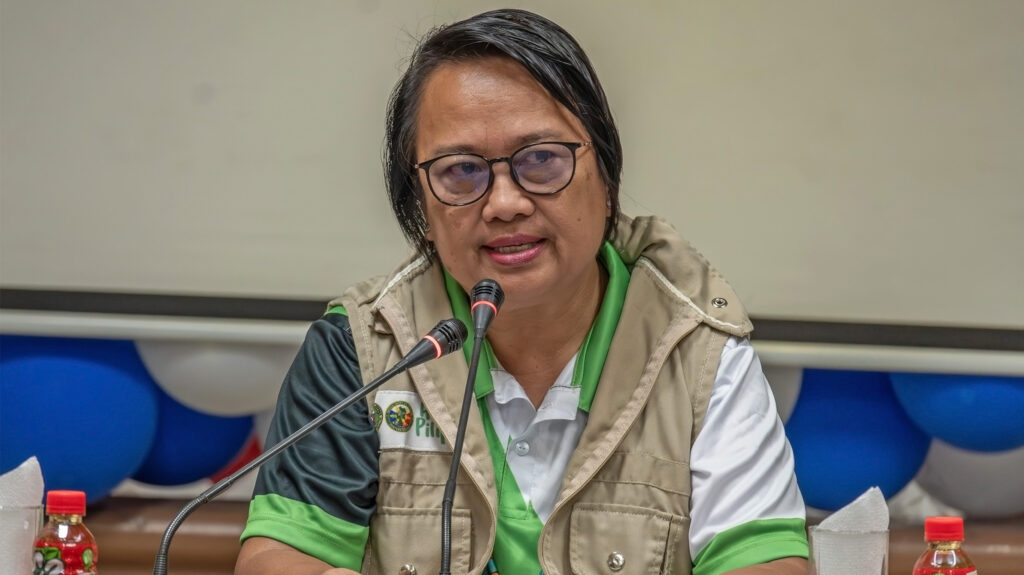
Doctors quickly attended to her son, and after conducting some tests, they confirmed that he was suffering from pertussis. The medical professionals waste no time admitting him to provide an urgent medical intervention. The severe symptoms require immediate antibiotic treatment to ensure the best possible outcome.
The Department of Health (DOH) has reported an increase in the number of pertussis cases in the region. From January to April 6, there were 39 cases of pertussis, 38 of which were suspected, while one case was confirmed in Mildred’s son.
The report specified that most of the 26 cases are infants under one year of age, followed by eight cases in the age group of 5 to 10, four cases in the age group of 11 to 20, and one case above 21. It has been observed that most of these cases involve individuals who haven’t been immunized.
Dr. Jean Marie Egargo, office-in-charge assistant regional director of the DOH Eastern Visayas, underscored that “pertussis is a disease that can be treated and prevented. We have medicines for this illness and can do much to prevent it.”
Ma. Rosario Juntilla, the health promotion unit and health education and program officer III, has emphasized the importance of vaccination to parents. She mentioned that it is crucial to vaccinate our children, especially now that we are bringing them out, even after the COVID-19 pandemic. She suggested contacting private partners, such as hospitals, if the vaccine is unavailable in the nearest rural health unit.
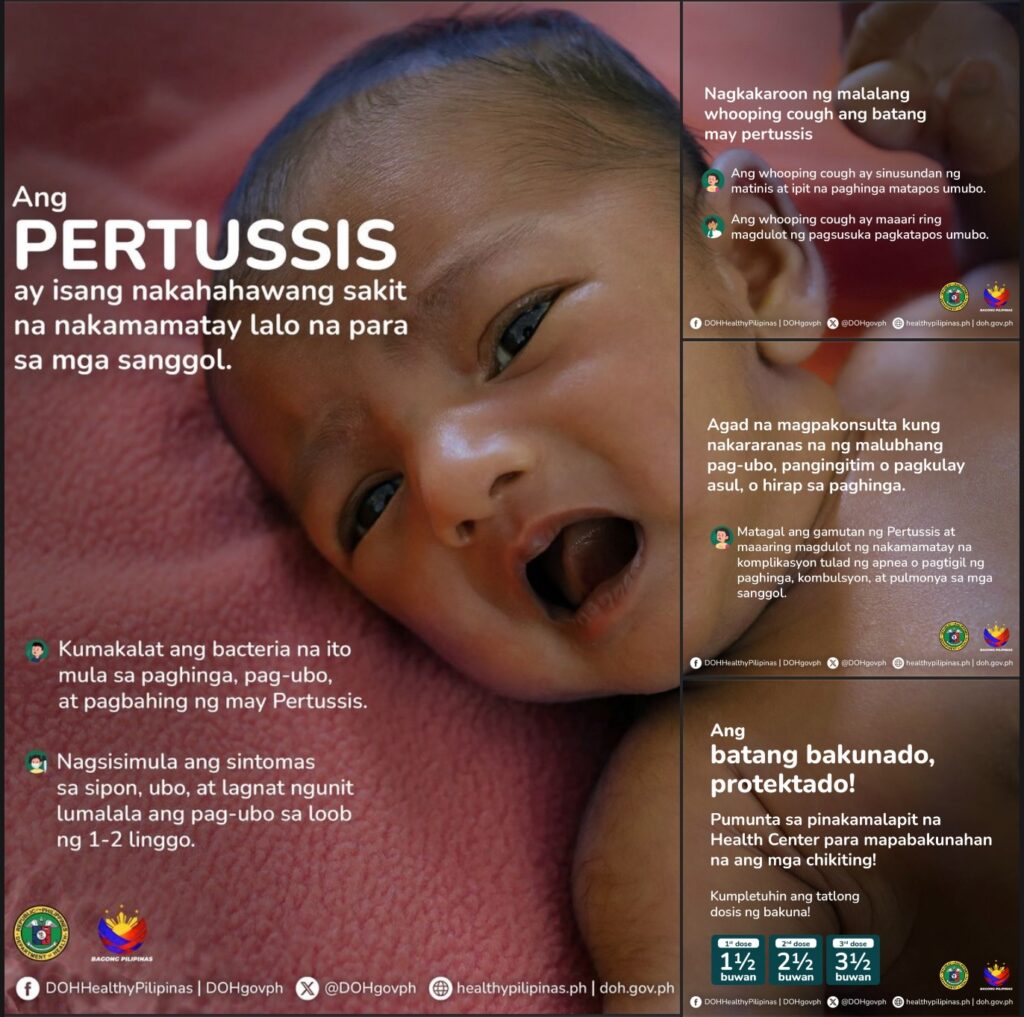
The health department has responded quickly and effectively to these pertussis cases by conducting town hall sessions with barangay officials, barangay health workers, schools, and provincial health offices.
They have issued public health advisories to intensify the surveillance and monitoring of vaccine-preventable diseases and routine immunization. As a result, the region has been declared code-white on pertussis, indicating that the situation is under control but requires continued monitoring.
They advised the public to follow proper coughing etiquette, maintain hand hygiene, isolate socially if symptoms appear, and wear face masks. These measures are crucial in preventing disease spread because it is highly contagious and can result in serious complications, especially in children aged five and below.
Mildred’s son was finally discharged from the hospital, bringing a glimmer of hope to their dark situation. This experience made Mildred realize the vital significance of immunizations like the pentavalent vaccines in protecting her child’s health from preventable illnesses, such as pertussis.
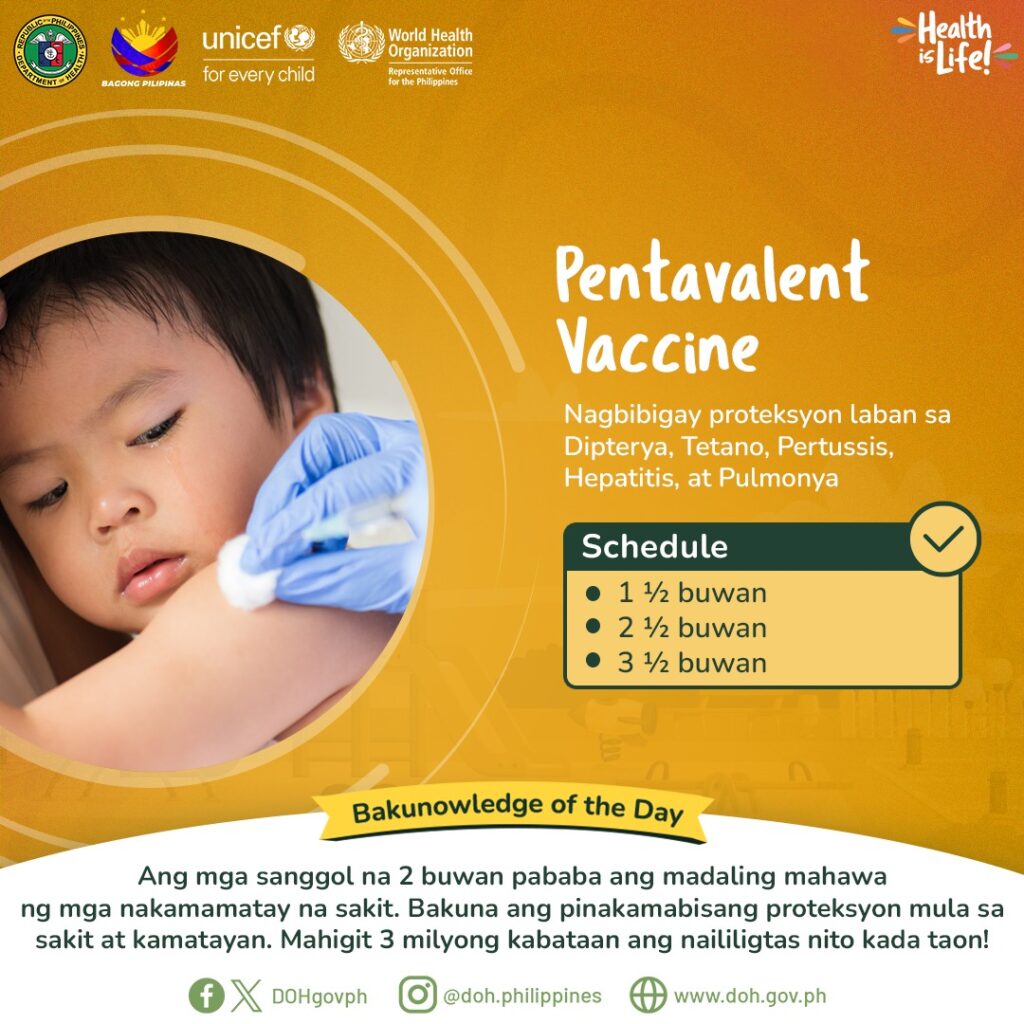
Her experience helps us comprehend the importance of vaccination, as it shields individuals from infectious diseases like pertussis, lessens the severity of the illness if they contract it, and safeguards vulnerable populations. Parents or guardians must ensure their children receive the suggested vaccinations based on the immunization timetable. (AAC with reports from PIA interns Nova Mae Quinte and Reyven Sillar)
- Details
- Written by Sherrie Ann Cananua-Labid, Samar State University, Research Utilization Committee
- Category: Latest News
- Hits: 688
Tacloban City, Leyte — In a race against time, a dedicated team of researchers, healthcare professionals, and local leaders have converged in Tacloban City for a high-stakes workshop that could unlock the keys to transforming health systems in the Eastern Visayas region.
The Eastern Visayas Health Research and Development Consortium (EVHRDC) hosts a three-day "Participatory Action Research for Health Systems - Research Proposal Enhancement Workshop" from May 27 to May 29, 2024.This workshop, spearheaded by the consortium’s Research Management Committee and Capacity Building Committee, brings together diverse participants from across the region.
On the first day, the workshop began with an introduction to participatory action research by the manager of the SIHI Philippine Hub, Dr. Jana Mier-Alpano, who also discussed applying human-centered design in PAR. It was followed by a presentation from Mr. Arturo Ongkeko Jr., RN, MSc, on applying PAR in digital health innovations. Dr. Meredith Labarda, then shared an example of a PAR study, "Implementing a Community Engagement Self-Monitoring (CE-SM) Strategy for Social Innovations in Health: the Philippine Plot."
Over the next two days, the participants will present their research proposals and engage in intense discussions to refine and strengthen the quality and relevance of their work. The workshop aims to enable the participants to describe PAR and its application in health systems, discuss its use and human-centered design in health innovations, revise their research proposals to integrate its principles and methods and draft full research proposals incorporating its design.
As the workshop unfolds, the participants remain focused and determined, driven by the shared goal of unlocking the secrets to building healthier communities and creating a lasting legacy of positive change. With one day left in the workshop, the participants know that the hard work is far from over, but their resolve is unwavering, fueled by the belief that their efforts will leave an indelible mark on the region's healthcare landscape.

